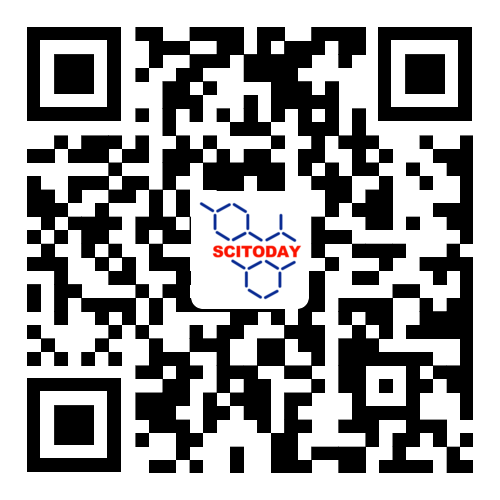地点: 其他国家 发布时间:2013-09-21 20:13:26 |
The post-doctoral position offered is located in the COMP(Computational Nanoscience) Center of Excellence, which is at the Department of Applied Physics at Helsinki University of Technology in Espoo, Finland. The Complex Systems and Materials group, as part of COMP, concentrates on the application of statistical and condensed matter physics on, well, complex systems and materials. An important role is played by computational physics, and the campus offers ample computing resources, while being located a 15 minute bus trip from downtown Helsinki, the capital of Finland. The postdoctoral scientist should work on a project on the simulation of small droplets of rough and/or nanotailored surfaces, related to our long-standing effort on the physics of paper (Reports on Progress in Physics 69, 669-723 (2006)) . We are concerned about the validity of basic laws of liquid droplets on surfaces, about the droplet dynamics, on the interaction of droplets with porous substrates, and finally on the tailoring of the surfaces to achieve interesting effects. The candidate is expected to do modelling using a state-of-the-art lattice Boltzmann code, and to interact with experimentalists and applied scientists on interpreting results on model systems, but the exact job profile can be tuned according to the qualifications of the applicant. The position is for 1+1 years, with a standard COMP post-doctoral salary (further details available).
A doctoral degree in physics, materials science, or computational sciences is necessary and experience with computational methods, data analysis, and visualization is desirable. Consideration of candidates will begin immediately until the position is filled. Interested candidates should send by email their curriculum vitae, list of publications, a brief statement of research accomplishments/interests and arrange for at least two letters of reference sent to Mikko Alava (mikko.alava@tkk.fi).
|
|
|
|
|
|
|
|
|

